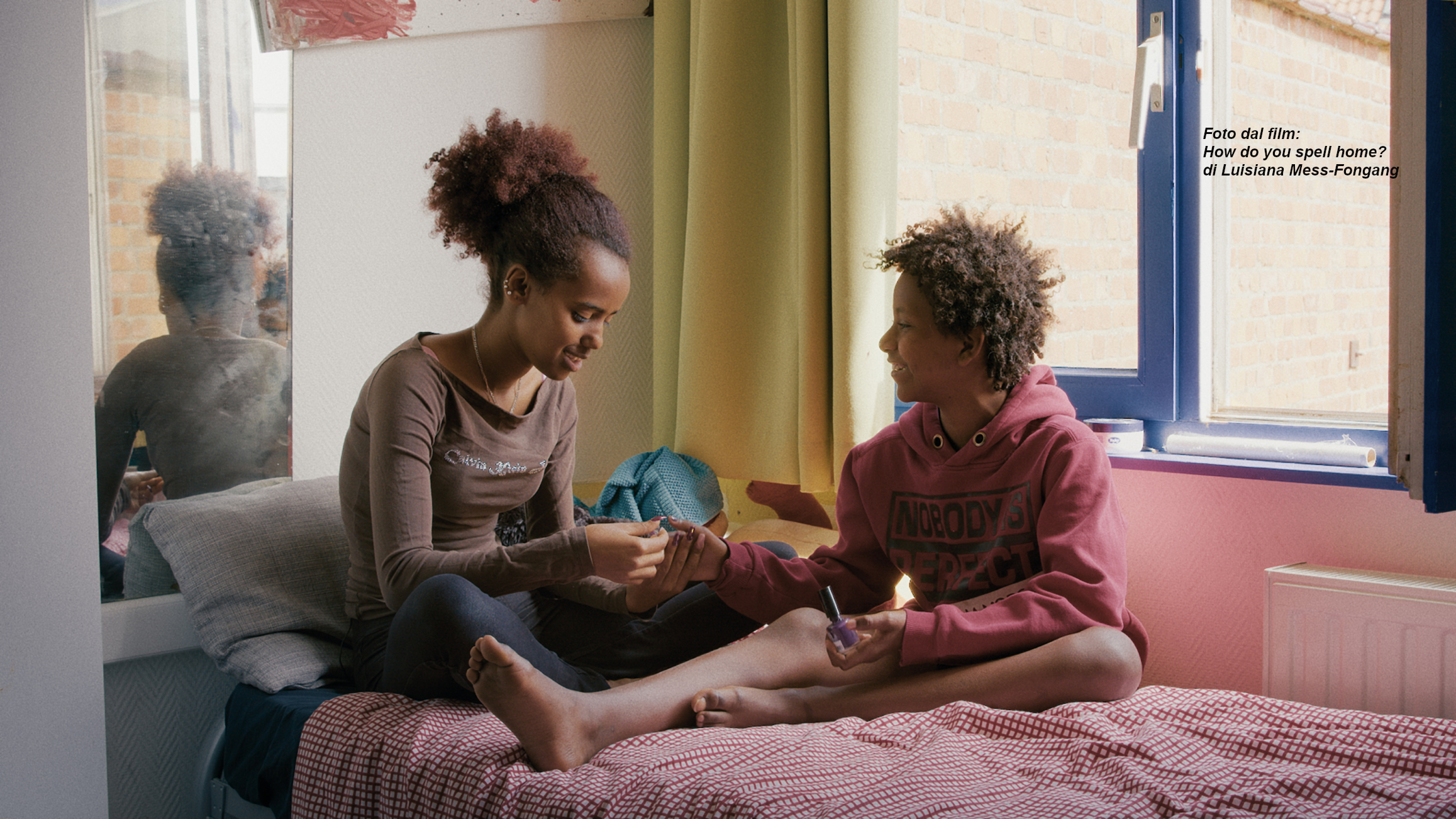directed by Reetta Huhtanen, Francia/Finlandia/Spagna 2019, 73’
The district of Molenbeek in Brussels has reputation in media as a center of jihadism, but for six-year-old Aatos and his friend Amine, it is a familiar home. Here, they listen to spiders, discover black holes, and fight about what is going to steer a flying carpet. Together they search for the answers to life’s big questions. But the brutality of the adult world makes itself known when terrorists detonate a bomb in the neighborhood. Aatos envies Amine’s Muslim faith and looks for his own gods, although his classmate Flo questions him; she is strongly convinced that anyone who believes in God has gone crazy. Gods of Molenbeek is a wonderful portrayal of childhood friendship, inquiry and the creation of meaning in a chaotic time.
Watch the trailer
Documentary available online from November 17 at 9pm to November 19 at midnight at festivalscope.com/
Available for free for up to 400 people
Live on Facebook: Thursday 19th November, 9 pm
with Souad Maddahi (A.M.M.I), Roberto Mazzola (University of Eastern Piedmont) and Wisam Zreg (University of Turin)
“Religious pluralism, education and social cohesion. The challenges for Europe.”
The increase in religious pluralism linked to migratory flows, the need for the sacred by post-secular societies sought outside the traditional journeys of faith; the weakening of the border line between religious and ethnic-cultural dimensions; the episodes of violence linked to religion are a series of factors that are putting a terrible strain on the political-institutional systems of various European countries, questioning them about their own constitutional conditions. In particular, the principle of secularism and the role recognised to religions in the public dimension are being reconsidered.
It is an ambivalent phenomenon which, on the one hand, leads to rediscovering the religious factor as an element of the collective identity of a nation and as a means of government, on the other hand, an opposite process has long since developed, aimed at expelling any form of interference of the religious from the public dimension.
It is fundamental to ask ourselves whether or not there is a middle ground, an expression of a mature conception of secularism that avoids the radical logic expressed by the positions just described.
And if such a solution exists, is it desirable that it be followed by allowing the organised religious phenomenon to play a role in the management of the policies of complexity?




